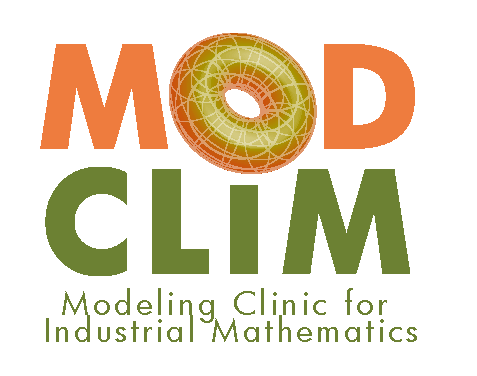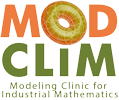 "There is a very close link between higher education and development. Universities are key institutions that help to create new knowledge, to develop new skills, and in that respect contribute very directly to economic growth, and productivity. Apart from developing the skills and knowledge necessary for economic growth, they also play a critical role in the building of democratic societies.”- Adriana Jaramillo, World Bank Senior Education Specialist.
"There is a very close link between higher education and development. Universities are key institutions that help to create new knowledge, to develop new skills, and in that respect contribute very directly to economic growth, and productivity. Apart from developing the skills and knowledge necessary for economic growth, they also play a critical role in the building of democratic societies.”- Adriana Jaramillo, World Bank Senior Education Specialist.
Progress of industry and novel engineering solutions are increasingly depending on computational approach, modeling and simulation. Mathematical technologies are needed to produce effective design processes, accelerate test cycles, spur innovation, support systems integration schemes and control the production models. Industrial mathematics is among the next generation methodologies in R&D and knowledge management. This presents a challenge for university education, curriculum development, training practices and research collaboration.
With the main aim to contribute addressing these challenges, MODCLIM (Modeling Clinic for Industrial Mathematics) project develops and integrates a research training course and a problem solving workshop, for the challenging mathematical and computational problems from industry and applied sciences, every year, during a period of two years.
The strategic objective of the partnership is to make effective use of the pool of special expertise and experience in the network. Problems of industrial mathematics are multidisciplinary even within mathematics itself. Combining skills and interaction between groups is often a key to solutions. Our network will facilitate exchange between the partners and set up a basis for sustained collaboration.
The project will concentrate on practical problems representing crucial technological challenge and will deal with questions like novel energy solutions, challenges having impact on environmental sustainability and employment.
The purpose is to train each year a group of 20-25 PhD and advanced undergraduate (MSc, BSc) level students, addressing six industrial problems from leading edge technological development. The topics addressed will be different every year, although all of them will be focused on mathematical modeling of industrial problems and the training of future researchers through intensive courses and problem solving.
Focused on young people, the project prepares them for professional life, through supervised real life problem solving and oriented academic environment. The project boosts professional skills of engineers and mathematicians and improves their employability in home countries. One of the outcomes is modernizing engineering higher education with novel training methods, i.e. modeling workshops for solving real life problems, lead by expert young researchers in the chosen fields.
The project concept is a novel approach that assimilates features from prior European experience and successful innovative models overseas, like RIPS's model from USA. It will result in development of research capacity in applied mathematics, spur science and technology education and inspire curriculum updates. Moreover, these results will contribute to promote technological development in the participating countries and modernize the education and applied research agenda in the participating departments. For students, the project will open more career and employment perspectives.
The project introduces into European higher education a novel concept in academic research training and education of industrial mathematics by combining elements from earlier successful ideas tested worldwide. The suggested strategic partnership will generate a model case and template for similar arrangements. There are great many universities and hundreds of industries in Europe and neighboring partner countries that could implement a similar configuration in order to establish a bridge between academic mathematics, computational technology and the real world R&D.
